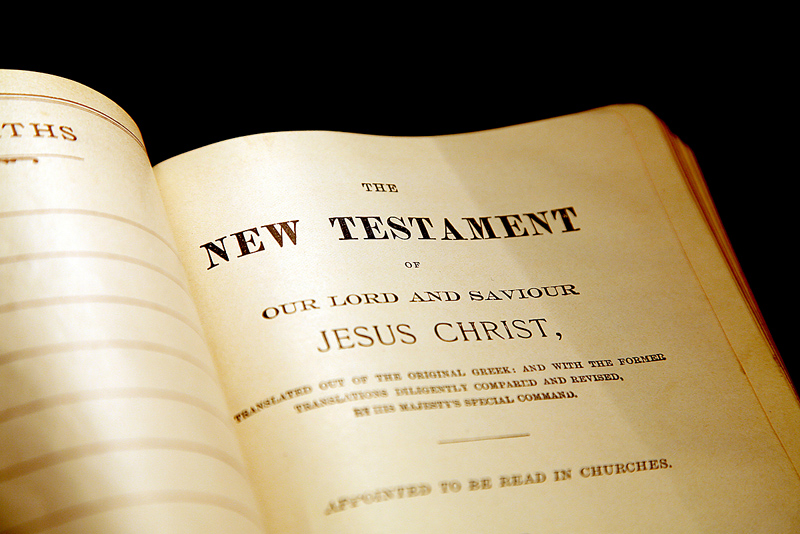Romans 4:2, Justified by works. (See notes at Rom 3:28.) Works-based justification produces self-pride and diminishes YHVH in mans’ eyes by giving man a self-exalted and self-sufficient view of himself, which places man and his efforts as the cause of his salvation, and not the grace of YHVH. Works-based justification is humanism and causes man to glory in himself, not YHVH, and to attempt to impress other men instead humbly, yet confidently, relying on YHVH’s grace.
Do Paul and James conflict when the former teaches that we’re not justified by works, while the later says the opposite (Jas 2:17–26)? Not at all. Both are true depending on the vantage point. Let’s explain.
Where many people miss it is viewing scriptural ideas through a Western mindset instead of from a Hebraic vantage point, which is that of the biblical authors. In Western thought, we tend to look at things from a linear perspective—like viewing points on a time line. We say and thinks things like this: I got saved, justified, sanctified, etc., etc. at such and such point in time in the past. While this may be true, Hebraic thought views things more as a process that involves events that have occurred, are occurring and will occur in the future. For example, the Bible teaches that you were saved (at the time you “came to Yeshua”), you are being saved (e.g. work out your salvation with fear and trembling, Phil 2:12), and you will be saved (in the ultimate sense when you receive your glorified body at the second coming resurrection and are adopted into the family of Elohim as a literal child of Elohim). The same is true of justification. When one understands this, the seeming conflict between Paul and James resolves itself.
Paul was speaking about justification at the time of initial salvation or conversion, while James is talking about the on-going process of justification via the production of good works (i.e. loving Yeshua by keeping his commandments, John 14:15). That’s the part of working out your salvation with fear and trembling that Paul admits to in Phil 2:12.
Peter discusses this same concept when he talks about making your calling and election sure so that you don’t fall spiritually along the way en route to the kingdom of heaven and the redemption and glorification of your physical bodies into eternal life before Elohim (2 Pet 1:10).
I believe that the justification that James is talking about is nothing more than what Paul expresses in the famous Eph 2:8–9 passage, but with the addition of verse ten, which many people overlook. Please note the highlighted portion of verse ten (below), which is the justification by works part of the equation, which is nothing more than the process of, if you will, “staying saved” once we’ve received our initial salvation. The Bible expresses this concept in many ways: enduring to the end, overcoming, walking on the straight and narrow path, staying close to Yeshua and abiding in him, loving him and keeping his commandments, producing the fruits of the Spirit, working out your salvation, making your calling and election sure, and so on.
For by grace are ye saved through faith; and that not of yourselves: it is the gift of Elohim: Not of works, lest any man should boast. 10 For we are his workmanship, created in Messiah Yeshua unto good works, which Elohim hath before ordained that we should walk in them. (Eph 2:8–10)
In the preceding discussion, I’ve just presented a brief lesson in biblical Hebraic thought versus Greco-Roman Western thought.




